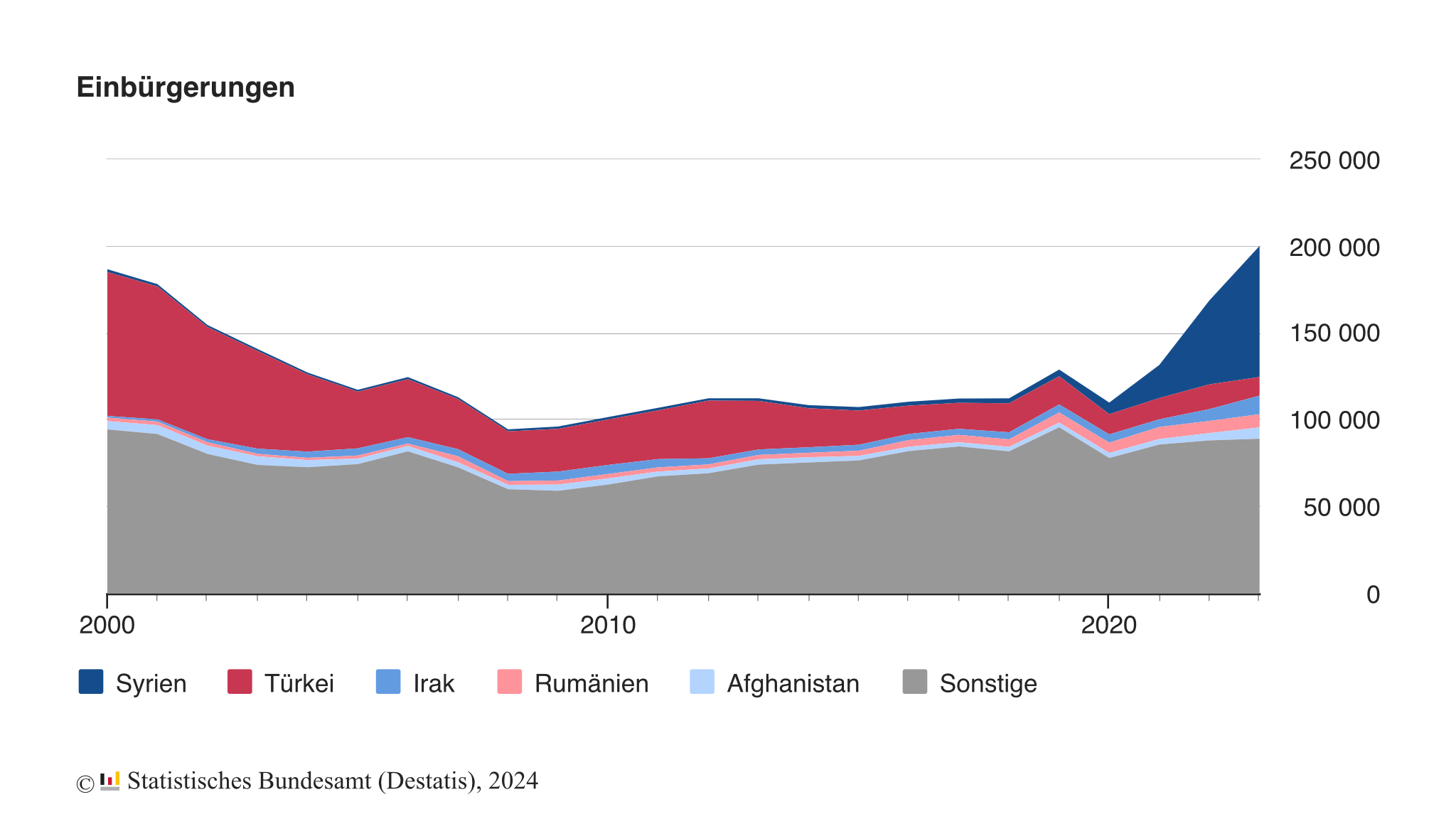
https://youtu.be/1Ar-RhipJHU?si=Ha4ZGhYGlT8FUqZc
Picture this: you’re filling up at a routine gas station visit when chaos erupts. Within minutes, a police officer lies dead from a gunshot wound. This shocking tragedy unfolded this week in Saarland during a robbery chase in Völklingen, where a suspect managed to seize an officer’s service weapon. One policeman lost his life, another bears lasting trauma, and communities across Germany are reminded that safety can shatter in an instant.
But this devastating incident represents just one thread in a complex week of German headlines. From unprecedented job struggles hitting educated graduates to unexpected relief on energy bills, the past seven days delivered news that directly impacts every international resident, student, and worker calling Germany home.
Are Germany’s Job Promises Failing Young Professionals?
The harsh reality contradicts Germany’s reputation as an opportunity powerhouse. Never before have so many young academics found themselves jobless despite impressive credentials. Students graduating with 1.1 grade averages, extensive internships, and international experience are discovering that excellence doesn’t guarantee employment.
The statistics paint a sobering picture for current students. Over one-third now live at official poverty risk levels, surviving on less than 60% of Germany’s average income. Simultaneously, BAföG support has reached its lowest distribution rate in 25 years, leaving students increasingly dependent on family resources or part-time work.
For international students, this creates a perfect storm of challenges. Managing studies while meeting visa work requirements becomes exponentially harder if job markets tighten. The promise of German economic stability feels increasingly distant for those entering the workforce.
Will New Housing Construction Actually Help International Residents?
Rising rents continue plaguing residents across German cities, with many feeling trapped in an endless cycle of housing competition. However, fresh data suggests change may be approaching.
Germany issued permits for approximately 110,000 new apartments this year, marking a significant shift after months of stalled construction projects. Investors are finally returning to residential development, responding to sustained demand pressure.
The reality check? These apartments won’t materialize overnight. International residents arriving over the next two years will likely continue facing intense housing competition before supply relief becomes noticeable. Smart preparation and flexible expectations remain essential for newcomers navigating Germany’s housing market.
Why Are Deutsche Bahn Delays Reaching Crisis Levels?
July delivered Deutsche Bahn’s worst punctuality performance this year, with only half of long-distance trains arriving on schedule. This represents more than inconvenience it creates cascading problems for residents depending on reliable transportation.
For international residents, these delays translate into missed work connections, failed visa appointment arrivals, and unexpected travel expenses. When your residency status depends on punctual attendance at bureaucratic meetings, train unreliability becomes a genuine threat to your German life stability.
The ripple effects extend beyond individual frustration. Businesses lose productivity, families miss important gatherings, and the entire transportation infrastructure’s credibility erodes with each delayed service.
How Are Rising Crime Rates Affecting Daily Safety in Germany?
Beyond the tragic police shooting, multiple incidents this week highlighted growing security concerns. Hamburg police seized over 1,900 kilograms of stolen coffee, €20,000 cash, and luxury items from a company employee suspected of months-long internal theft.
More alarming, annual reports revealed nearly 18,000 documented cases of sexual violence against children in 2024. These numbers underscore vulnerabilities affecting every family in Germany, regardless of nationality or background.
Authorities face mounting pressure to respond more effectively, potentially leading to increased security measures that will impact all residents. International families must remain vigilant while navigating these evolving safety landscapes.
Are Driving Test Fraud Cases Making Licenses Harder to Obtain?
Driving test cheating has reached unprecedented levels, with nearly 2,200 fraud cases detected in just the first half of 2025. This surge affects everyone pursuing German driving licenses, but particularly impacts international residents already struggling with expensive conversion processes.
The growing fraud trend may trigger stricter examination procedures and additional verification requirements. International residents converting foreign licenses or taking German driving tests should prepare for potentially more rigorous processes and extended waiting periods.
These changes could significantly impact daily life for those depending on driving privileges for work, family obligations, or basic mobility in car-dependent regions.
Will Lower Energy Bills Actually Provide Real Relief?
Positive news emerges on the financial front. The German government plans to reduce electricity network charges starting next year, directly lowering energy bills for all residents. Natural gas prices are also expected to decrease, providing broader utility cost relief.
For international families managing tight budgets while establishing themselves in Germany, these reductions offer genuine financial breathing room. Lower energy costs can free up resources for other essential expenses like housing deposits, language courses, or family visits.
The timing proves particularly valuable as winter heating seasons approach, when energy consumption naturally peaks across German households.
What Does a 15-Year Sick Leave Case Reveal About German Employment?
A North Rhine-Westphalia teacher remained on paid sick leave for over 15 years while continuing to receive full salary payments. When she refused mandatory medical examinations, the case proceeded to court, sparking intense debate about public sector employment fairness.
This case highlights stark contrasts in job security between public and private sector positions. While regular employees, including many international workers, face strict performance monitoring and limited job protection, some public positions apparently offer extraordinary benefits.
The ruling’s implications may influence future employment policies, potentially affecting job security expectations across all sectors in Germany.
What Do These Headlines Mean for Your German Future?
This week’s events illustrate Germany’s complex reality a nation balancing opportunity with challenge, safety with vulnerability, progress with persistent problems.
The stories reveal both warnings and opportunities. Job market challenges demand stronger preparation and realistic expectations. Housing developments promise eventual relief but require patience. Transportation issues necessitate backup planning. Crime concerns call for increased awareness. Energy bill reductions offer welcome financial relief.
Understanding these dynamics helps international residents make informed decisions about their German journey. Stay informed, stay prepared, and remember that navigating Germany’s complexities becomes easier with proper guidance and community support.


